Our Speakers
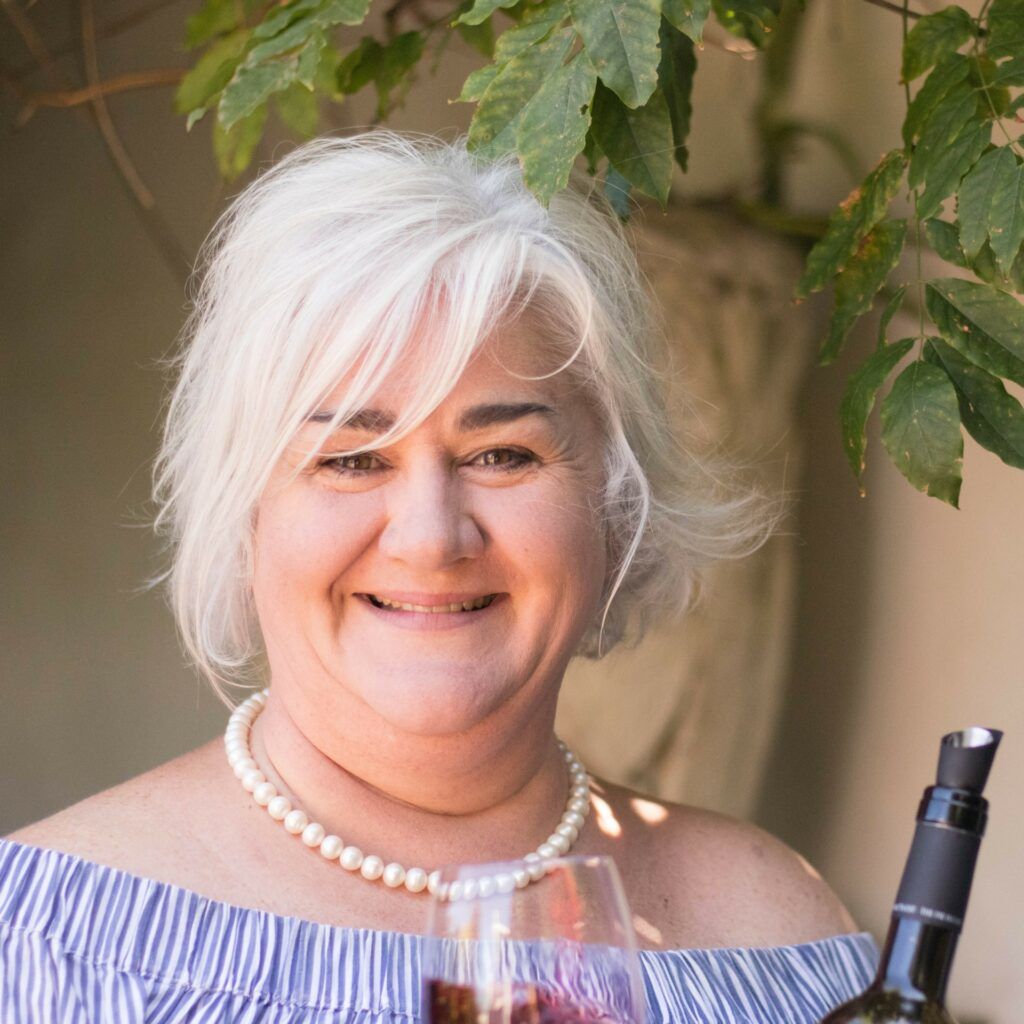
For me wine is so much more than what is in the bottle. It’s the stories beyond the glass, the people, the vineyards, the secrets of the cellar. It’s the culture, the history and the joy that wine brings. It’s the emotion, the beauty and the magnificent scenery. Wine is a magical experience. Well it can be, if you let it.
I’m passionate about demystifying the mysteries of wine and sharing joy, knowledge and laughter with anyone who’s willing to join me. Wine Fairy as a business started in 2009. I’ve dedicated my life to learning about wine and through my studies and over 30 years of experience in hospitality, food and wine, I love to taste, learn and laugh about everything wine, travel and food.
I have a few qualifications too, my knowledge isn’t all from personal experience. I’m certified as a Sensorial Wine Judge and Garagiste winemaker by the University of Stellenbosch, I hold a Diploma in Wine from the Cape Wine Academy, a Diploma in Catering Management from the Technikon Witwatersrand Hotel School, a pre-MBA from Stellenbosch University Executive Business School. I’m a certified Tourist guide in South Africa and have a boutique wine brand, The Catherine Barratt Collection where I produce Chardonnay and Cabernet Sauvignon. I’m currently doing my WSET Level 4,
Still learning every day as each glass tasted and shared has something new to offer.
Cheers, clink, clink. 🍷
Katie Barratt
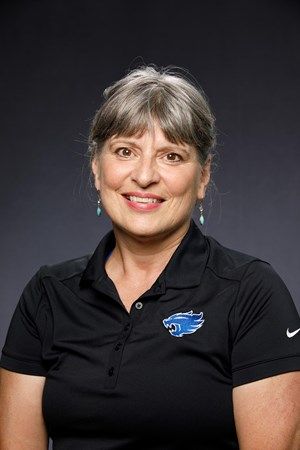
Prior to developing the Nutrition Department at UK, she worked as a clinical dietitian for RD Associates. Monica earned her BS in Dietetics in 2010 and her MS in Dietetics Administration in 2012. She and her husband Shane have two children, a son, Satchel, and a daughter, Rebecca. She is originally from Leitchfield Kentucky.
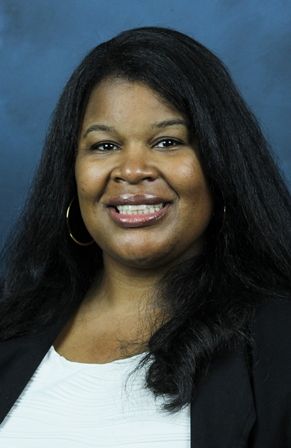


Dr. Duffy teaches at the undergraduate and graduate levels and currently mentors students at the undergraduate honors (including McNair Scholars), masters (Plan A and B), and doctoral levels. Since 2010, she has served as a mentor for and worked with 17 honors students, 36 masters students, and 3 doctoral students.
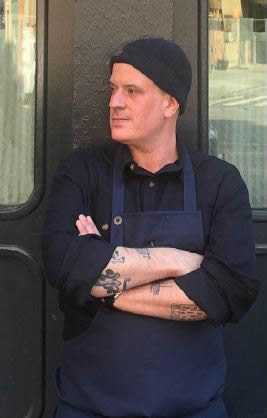
His life is still ruled by brief but intense bouts of diverse endeavors that somehow all come back to restaurants and cooking, be they gardening, trying to fly-fish in Alaska, preparing very large first-aid kits, or building bread ovens. In recent years, he casually alternated between yoga and drinking with an elegance rivaled only by the likes of Beau Brummell and Little Lord Fauntleroy. Today, he is here with us to share a chef’s perspective.
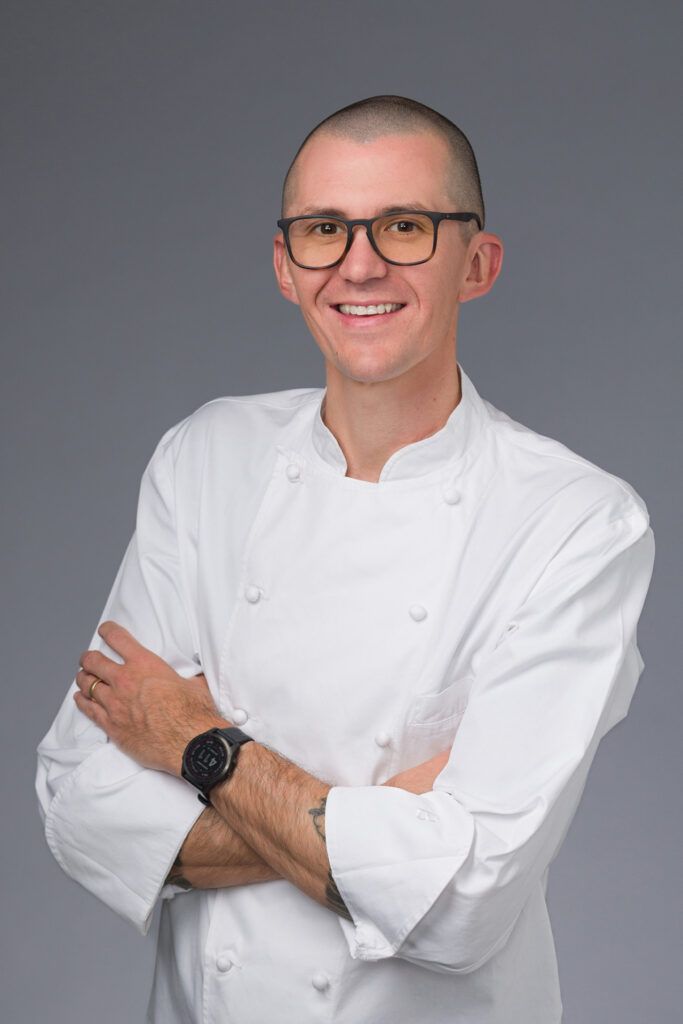
butcher. As a craft butcher, he understands first-hand the desire to focus on the craft and
create the best product possible, making throngs of satisfied customers and fulfilling
brand promises of quality, efficiency, and unique value.
As a Lead HACCP Instructor, GFSI auditor, and ANSI Instructor/Proctor, Trevor brings his
brilliant engineering mind and spirit to craft training and solutions to minimize the amount
of time spent with red tape and regulations, eliminating costly mistakes, fines while
creating cultures of operational excellence.
In working with high volume manufacturing facilities and highly acclaimed restaurants
such as B&B Hospitality Group, Good Uncle, and The Cosmopolitan of Las Vegas, Trevor
has perfected the balance between productivity and compliance. Control Point was
created to guide Chefs, Restaurant Groups, and Food Manufacturers through their food
safety concerns and processes with a high level of excellence.
Control Point is all about results. Trevor’s training and implementation practices have
proven to increase company growth, domestically and internationally, by 66%. Trevor
holds positions on many committees critical to the support of food industry safety and
excellence.


Olfactory receptor neurons in the nose make physical contact with the molecules composing the odor, and they send this information back to a large structure called the olfactory bulb. We use optical imaging techniques to literally see the unique pattern of neural activity that each odor causes in the olfactory bulb through a surgically-implanted window in the rodent’s skull. By combining this approach with other techniques like behavioral psychophysics (where we watch specially trained rodents’ behavior to infer what an odor smells like to them), immunohistochemistry (where we use antibodies to look at the expression of certain proteins in individual cells), and pharmacology (where we use drugs to change the activity in the circuit), we are able to learn how the brain’s representation and processing of odors relates to the animal’s perception of them.
One ubiquitous feature of mammalian sensory systems is that they constantly adapt to their changing sensory environment. In the olfactory system, circuits in the olfactory bulb constantly change their neurochemistry and neurophysiology in response to the odors encountered. One major direction of our research is to explore the mechanisms of these changes and their utility to the animal.
Our work has been generously supported by grants from the National Institute on Deafness and other Communication Disorders (NIDCD), an Institute of the NIH.
